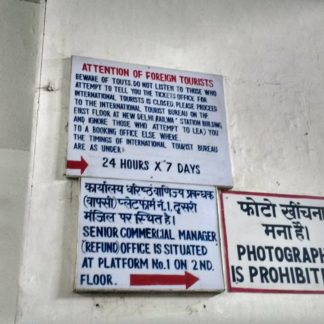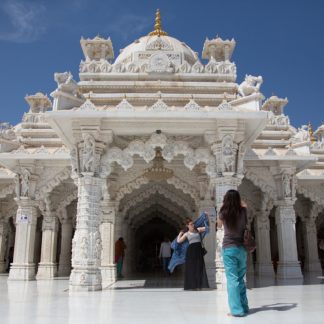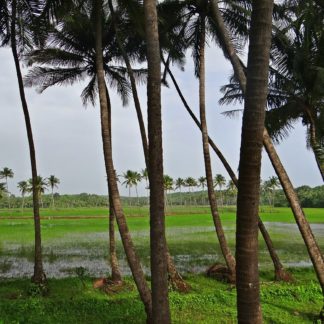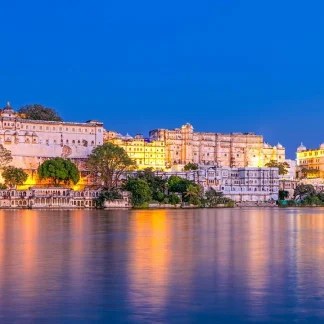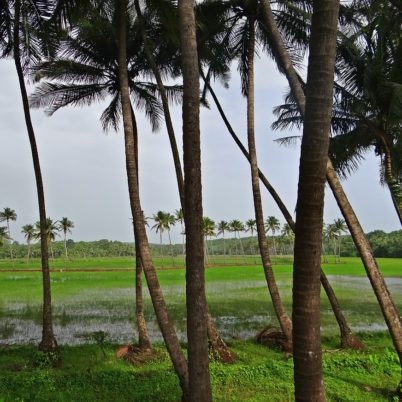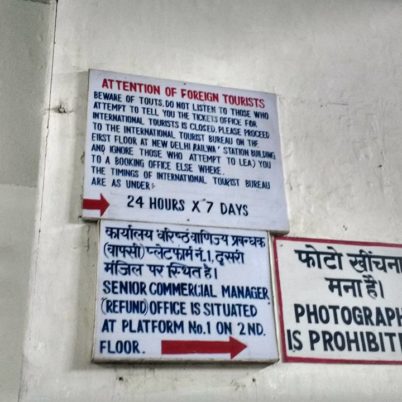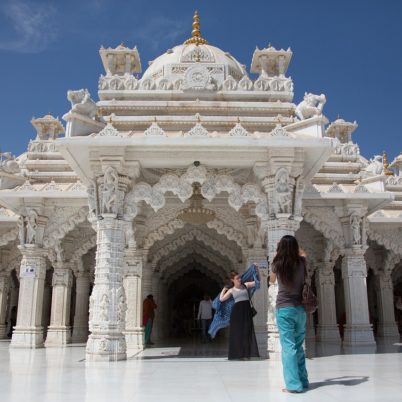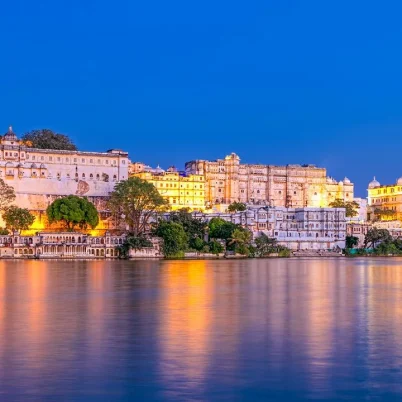
Are you planning on travelling to India from Australia? At India Someday, we can help you curate the perfect travel itinerary. In this article, we cover the basics of travelling to India – how to get an Indian Visa for Australian citizens, vaccinations, flights, and more.
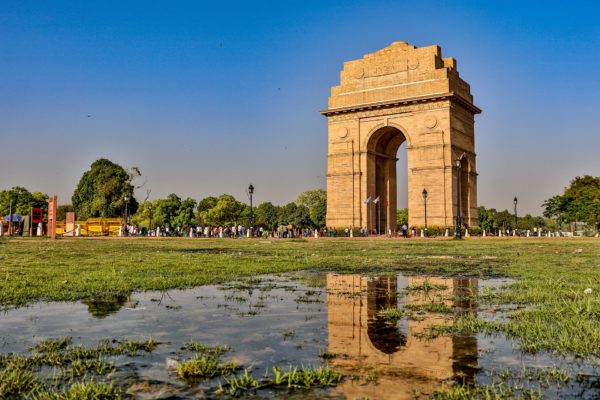
visa
Travelling to India from Australia? You are eligible for an e visa, or an electronic visa! You can check our blog post regarding eVisas for more information about e visas. You need to obtain your e visas prior to your arrival in India. Start this process as soon as you can so that any delays in visa arrival won’t disrupt your travel plans. However, if you plan on adding Sri Lanka or Nepal to your trip, we recommend you to put in the additional efforts and get a regular tourist visa.
There are two types of tourist visa you can get for your trip to India – a multiple entry visa (90 days consecutive stay per entry, valid for 1 year from approval) or a double entry tourist visa (30 days across 2 entries). A tourist e visa for 1 month will cost $25 USD or $38.43 AUD.
Before you enter India, make sure you have a copy of your visa and other valuable documents stored in a separate bag from the original in case one gets lost or stolen. Keep digitally stored copies on a drive handy as well. It is exceptionally important to comply with all the extensive requirements for documents, because the local authorities can ask for them during the immigration process when you enter India.
For more information about obtaining Indian visas for Australian citizens, check your government’s website.
Pro tip: Always carry photocopies of your tourist Visa and passport with a visible passport number.
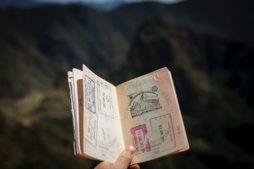
VACCINES
For Australian nationals, vaccination requirements are stipulated by the Indian Embassy rather than the Australian. However, they only specify that you must provide a vaccination certificate if you enter India from Australia from a Yellow Fever endemic area.
Stay up to date on any vaccines and boosters that are required in Australia. For some areas, it is advised to carry anti-malarial pills. If you are on any prescription drugs, make sure to carry enough to last you the entire trip, along with the prescription. It helps to know the generic names of these drugs as well, in case you misplace them and need to restock with local equivalents.
While in India, drink filtered or bottled water and eat hot, well-cooked food. Speak to a healthcare professional for any guidance or information you may need before you enter India.

FLIGHTS
The best cities to enter India while flying from Australia are major metropolitan cities of Mumbai, New Delhi, or Chennai, since there is extensive flight connectivity. Prices tend to skyrocket between May and July. For cheaper flights, try to plan your travel between September and March.
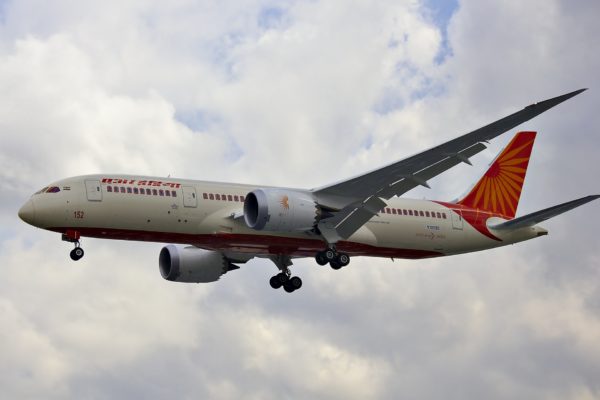
SEASONS
With the exception of a few areas in the north, India is predominantly a warm, tropical country. India can reach extremely high temperatures, as well as high humidity and UV levels. Indian summer begins in March and last until mid-June. Visit Indiabetween September and December, after the monsoon season, to experience luscious greenery/ To learn more about Indian climate depending on the time of year, visit our blog posts regarding weather in India during different seasons.
Learn More: Explore the Best Timing for Your India Vacation
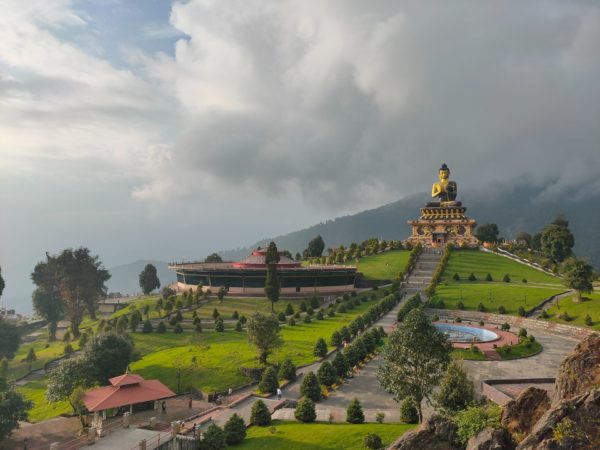
cultural differences
Consider that there are differences in customs when travelling to India from Australia. We recommend to always try to be modest, courteous and conscious of your behaviors. However, we don’t want to scare you into thinking you’ll be judged too harshly. Indians, in general, are very accepting people – and when in doubt, the best thing to do is seek advice on customs that would be foreign to you.
- Criminal penalties, especially for consumption or possession of drugs and extending your stay beyond your visa are harsh and include a sentence of up to 10 years of jail time. While your government will do what they can to help you under the Consular Services Charter, they cannot physically release you from jail.
- It is important to remove your shoes before entering a home, store or particularly a temple if you see others doing the same.
- In visiting places of religious significance, dress conservatively and to be mindful and respectful of local sentiments.
- Laws on decency are open to interpretation, so it is important to be careful about engaging in public displays of affection.
- Most Indians consider it disrespectful to touch things or people with their feet, and immediately apologize if they do so by mistake. So be sure to always apologise if you step on something, or accidentally touch someone with your feet.
- Lack of personal space is common in India, so do not be offended if people openly stare, or brush up against you. But if that feels uncomfortable, avoid crowded places and other areas with crowds. Go to the police or Indian authorites for help if you feel unsafe at any point.
- English is widely spoken and utilized in India but it may be difficult to recognize at first. Indian-English has its own rich flavor borrowed from local languages.
- Smoking in public is illegal in India, though you’re likely to see everyone doing it. Just be aware that the law exists in case you’re questioned.
- Expect delays while travelling in India.
- Smaller commercial boats and buses rarely carry safety equipment.
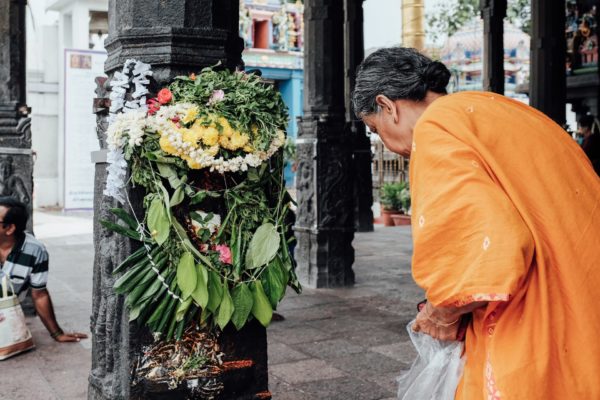
DIFFERENCES IN LAWS
- Remember that photography of airports and military areas is strictly prohibited. This will be announced before landing by the crew.
- Legal drinking ages vary from 18 to 25 across states. However, drinking is completely banned in a few states, so it is imperative that you research before exploring a state.
- Deliberate killing or maiming of a cow is a nationwide offence. Further, consumption or possession of beef is a criminal offence in some states.
- Some Australian criminal laws apply to Australians overseas. For more information, please check your government’s website. Australians who commit these offences while overseas may be prosecuted in Australia.
- Also, you need to ensure you are in possession of a valid visa and a valid passport when in India at all times. Australian passports must be valid for at least 6 months, before you embark on your India travels. The Australian government will not be able to help you in case you breach such Indian Government’s law requirements.
- When departing India, you will soon be able to claim any GST you may have paid when purchasing goods (though not for services). However, this process is still under implementation.

ROUTES
India is a vast, diverse country with many interesting places to visit no matter what part of the country you are in.
From the metropolitan cities of Mumbai, New Delhi, Chennai and Bangalore, to the ancient architectures such as the stunning Taj Mahal or Ajanta and Ellora Caves, there is so much to see and explore.
If it is your first time in India, we would recommend a minimum of 14-day trip in order to properly take in and explore one or two regions in the country.
We have a wide variety of sample routes that may give you inspiration. If you have something else in mind, contact us with your queries, and we will sort everything for you!
Learn More: Uncovering the Economic Aspects of India Travel
Other Things to Keep in Mind
Even though travel insurance is not mandated for Australian tourists, we highly recommend it when you are visiting India. You will be able to travel with peace of mind.
If you are on a longer trip of over 10 days, get a pre-paid local sim card. The charges are quite nominal and you will get better connectivity without piling on the astronomical roaming charges.
Once you enter India, the Australian Government recommends you reach out to the Australian Consulate General in case of any emergencies (this includes losing your documents). In fact, it might be a good idea to update them with your contact details, and the local number so that they can track you better in the unlikely event of an emergency.
We don’t recommend exchanging money at the Airport, as the transaction charges tend to be inflated. You can head to a local bank or money exchange in any of the cities to exchange Australian Dollars to Indian Rupees. The Indian economy enables digital payments in most places, so you will not face any issues, but it is still better to keep some Indian rupees in cash handy in case of emergencies.
FAQs
What documents should i carry while travelling to India from Australia?
When you enter India, Australian citizens and other international arrivals need a passport valid for at least 6 months from your date of entry in India, and a valid tourist visa or e visa, without which you will be denied entry in the country. If you are an Overseas Citizen of India (OCI) cardholder, you can enter India with the OCI card and a valid passport.
How much is the visa fee for India from Australia?
The cost of an Indian visa for an Australian citizen is USD 25, or 37 Australian dollars. The India visa for Australia is valid for 30 days. The standard processing time for an Indian e-visa is 2 to 4 days.
What is some good travel advice for someone travelling to India for the first time?
India is regionally and culturally diverse, which can be overwhelming while planning a trip. Some good advice is to not try to experience everything in just one trip. Take your time and explore just one or two regions properly during one stay in India. Drink boiled or bottled water. Eat hot, well-cooked food. Make sure you know where the nearby healthcare services are. Stay safe and healthy.
Which are the best places to visit in India?
While most travellers choose locations that are popular tourist spots, India has a lot of undiscovered beauty to explore. There may be some restrictions while travelling in regions of conflict like Jammu and Kashmir. However, try to choose places frequented by other travellers. At India Someday, we will help you plan the perfect trip to suit your requirements, whether it be mainstream spots or the offbeat paths.
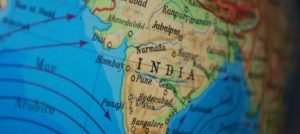
Frequently Asked Questions
Your passport must have at least six months of validity remaining from your intended date of departure from India and should contain at least two blank pages for entry and exit stamps.
Australian citizens generally need a visa to enter India for tourism purposes. The most common type is the e-Visa, which can be applied for online and typically allows for a stay of up to 60 days for tourism, business, or medical reasons. You’ll need a digital photograph and a scanned copy of your passport. It’s crucial to apply well in advance of your travel dates through the official Indian e-Visa portal or the website of the High Commission of India in Canberra.
Several airlines offer flights between Australia and India, including Qantas, Air India, Singapore Airlines, Malaysia Airlines, Thai Airways, Emirates, Qatar Airways, and others. Direct flights are available from some Australian cities to major Indian hubs. The best option often depends on your departure city, preferred layovers, budget, and any airline loyalty programs you might have.
helping you travel your way
Everything you need to know about India is here We have tried writing about everything you may need help with for your trip to India, If you need help in planning a trip to India Get in touch with us to to plan your trip of a life time.



